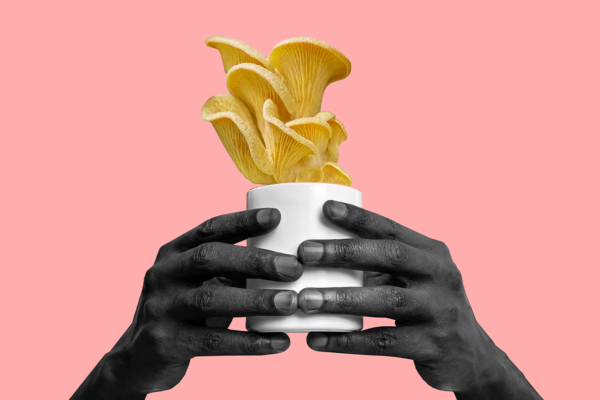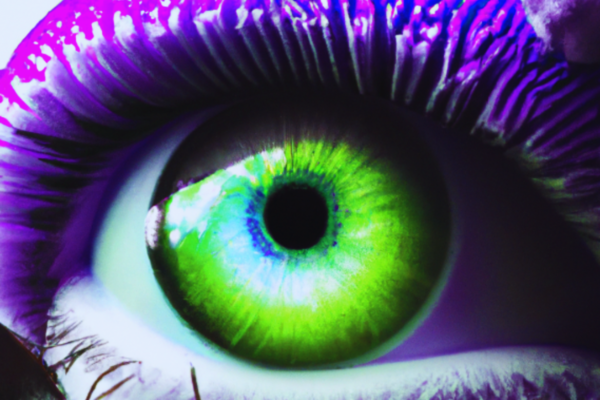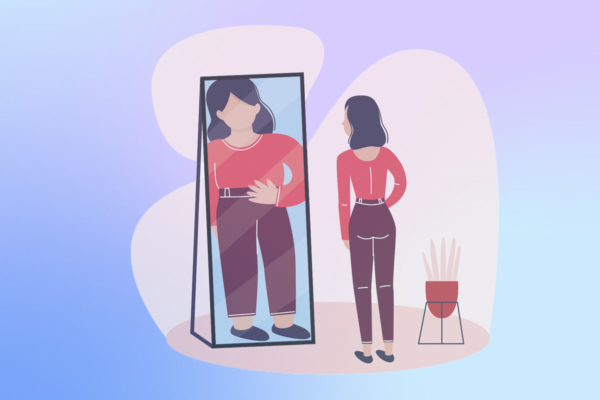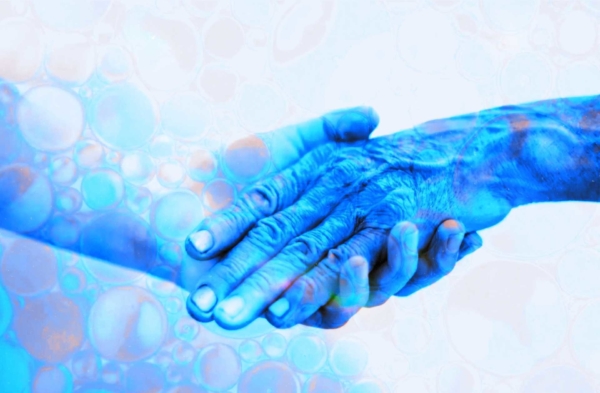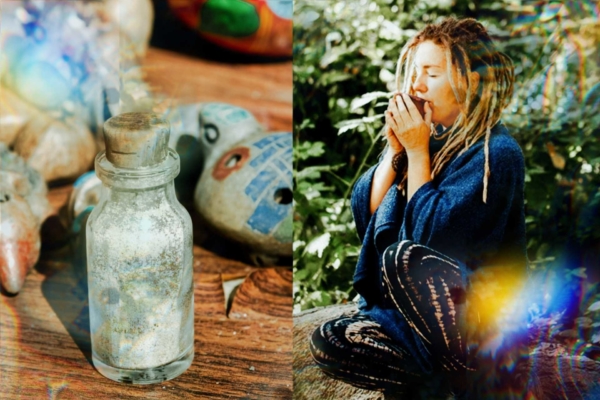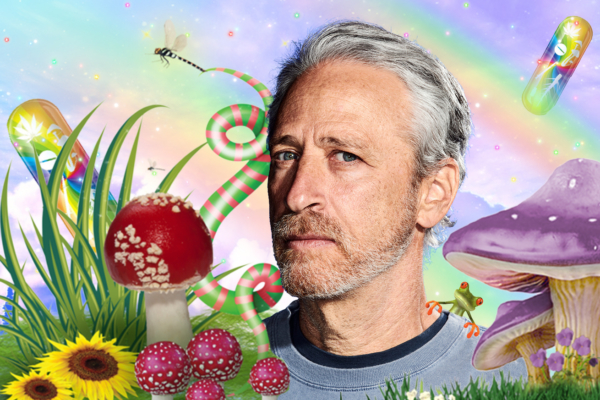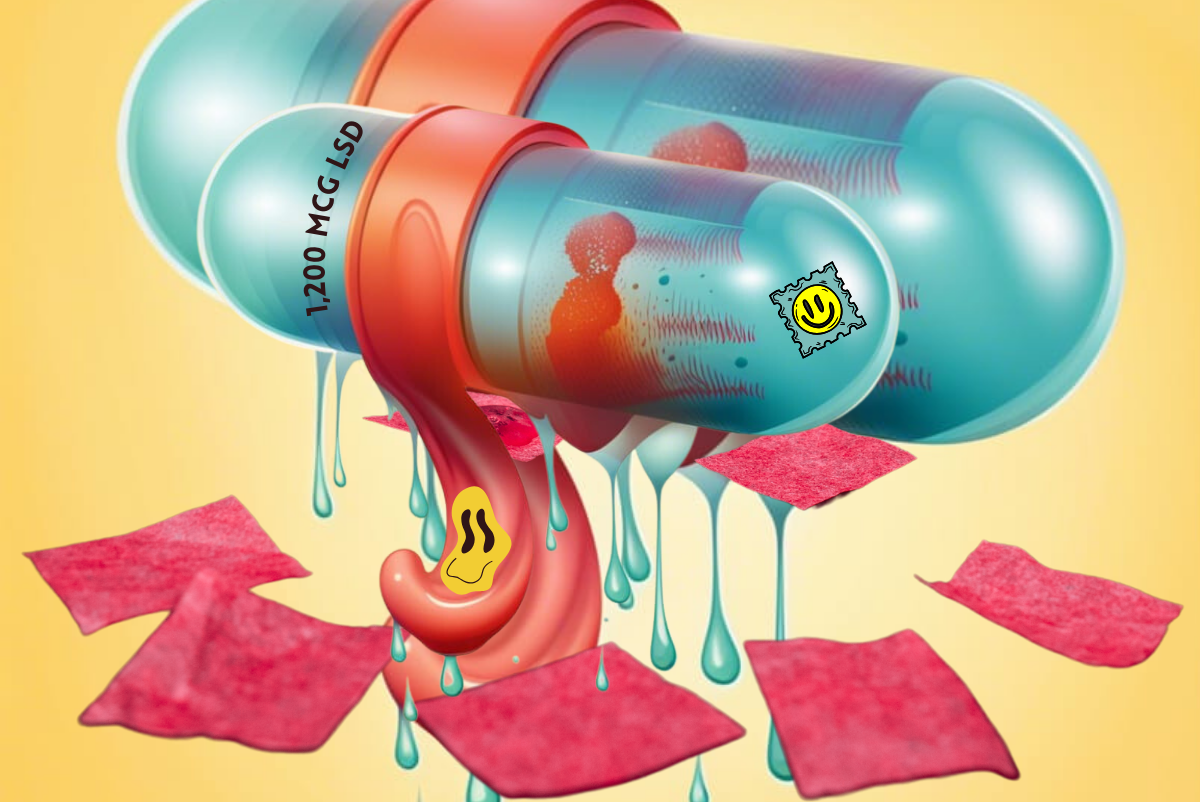
Psychedelic researchers have campaigned against the “good vs bad trip” concept for years. They theorize these potent compounds are complex “non-specific amplifiers”, broadly activating neural activity and sensory experiences without predetermined targets or outcomes. In other words, psychedelics induce unpredictable changes. They are not inherently positive or negative.
So, what happens if someone takes 5, 11, or 550 times the recommended dose of LSD? Logic says, surely nothing good. Yet, these 2020 case reports indicate wildly dangerous psychedelic overdoses could be nothing short of miraculous.
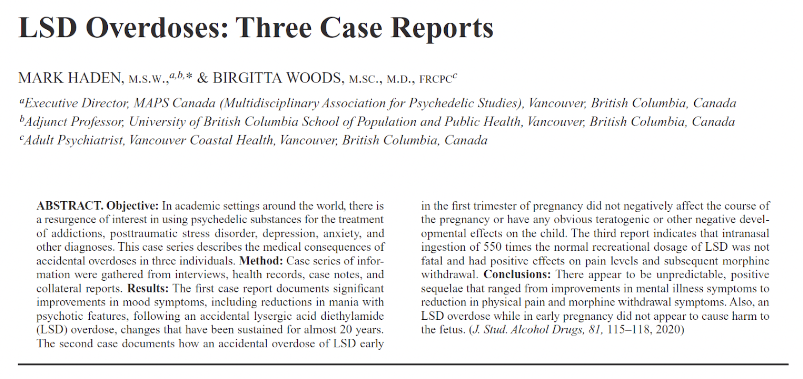
AV’s Overdose – A Bipolar Disorder Cure
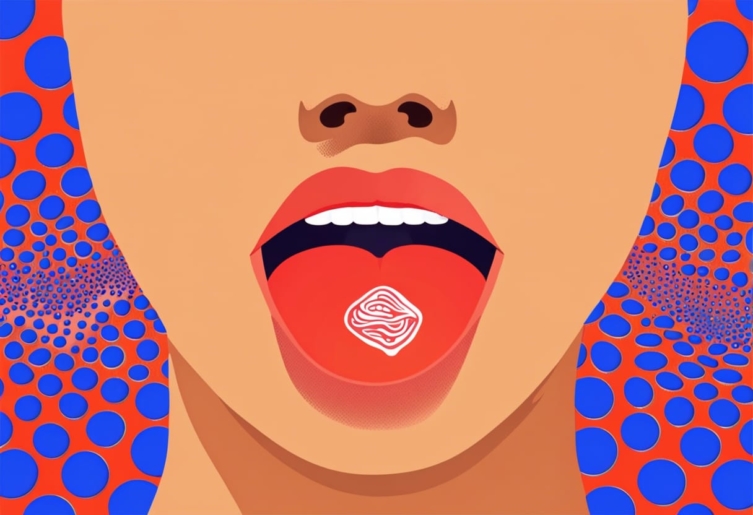
AV needed a miracle.
She became embedded in the mental health system in 1997 at twelve years old. Her adolescence, rife with hospitalizations, failed treatments, and shifting diagnoses, left her psychologically impaired.
AC started hearing voices in her head as a child and initially received a “nonspecific psychosis” diagnosis. She also experienced bouts of depression and couldn’t function in school
Doctors recommended light box therapy, using intense artificial light to improve her mood. But the treatment inadvertently sparked hypomania instead. AC stopped sleeping and started believing she could buy a town in Mexico and become its mayor.
Consequently, doctors diagnosed her with bipolar disorder.
In a fateful twist, AV attended a summer solstice party where she accidentally consumed 1,100–1,200 mcg of LSD–11 times the recreational amount (100 mcg).
AV’s next six-and-a-half hours were mayhem. Partygoers reported erratic behavior followed by AV fetally curled with arms and fists clenched. Some thought she was seizing and finally called an ambulance.
The next day, AV’s father recounted her words: “It’s over.”
She didn’t mean the trip. She meant the long-standing battle with bipolar disorder.
Subsequent evaluations revealed a startling mental reset. Case notes from her mental health team on July 11, 2000, read, “AV ‘came in today with a lovely fine balance and a glint in her eye.’
Seven months later, she began tapering off lithium, used to manage her bipolar symptoms. Less than a year later, AV eliminated all pharmaceuticals.
Thirteen years post-incident, AV remained symptom-free, except for periods of postpartum depression. She is stable, employed, and socially adjusted to this day.
CB’s Overdose – Pain Relief After 550 Times the Recreational LSD Amount
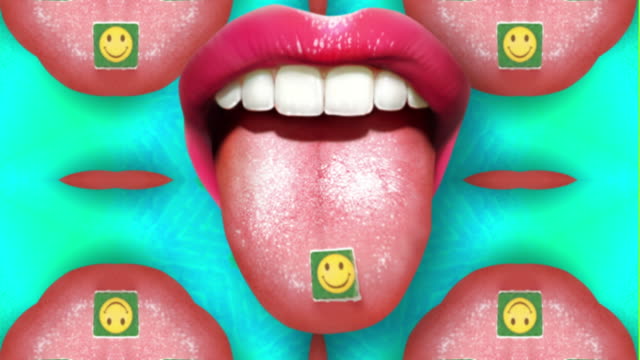
CB’s story is one of a 49-year-old who grappled with chronic pain from Lyme disease. For over a decade, she relied on morphine, taking up to eight 10-mg daily to manage the intensity.
Then, something extraordinary happened.
In the quiet of her home, CB unintentionally snorted 550 times the recreational amount of LSD, thinking it was cocaine.
Researchers have not documented a lethal dose. But, they estimate that 14,000 mcg could cause death. CB took approximately 55,000 mcg, nearly four times that amount.
CB began intensely vomiting and entered a surreal state, frothing at the mouth. Her roommate said she mainly sat still, eyes rolling back in her head, spouting nonsense for the first twelve hours. For the next twelve, she felt “pleasantly” high and began communicating again.
CB’s pain vanished the next morning, and she instantly quit morphine without withdrawal. Considering insomnia, cravings, flu-like effects, and gastrointestinal distress typically follow abrupt pain med cessation, CB’s experience was incredibly enigmatic.
The pain eventually re-emerged, and she resumed taking morphine. But at a much lower amount along with microdosing LSD.
Three years later, she eliminated all pain meds, again with zero withdrawal. In the immediate aftermath, however, anxiety, depression, and emotional sensitivity increased.
LSD wasn’t a magic bullet for every challenge. But a dose that should’ve killed her left her pain-free.
NM’s Overdose: LSD Did Not Harm Her Pregnancy
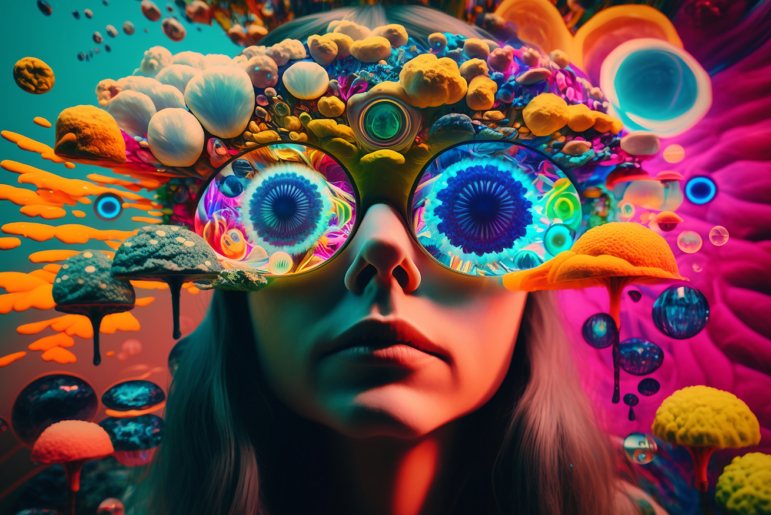
The third case report chronicled a 26-year-old woman, NM, who attended the same summer solstice party as AV. She didn’t experience spontaneous healing following the LSD overdose. But, LM was unknowingly two weeks pregnant, and 500 mcg of LSD did not impact the baby’s development.
Eighteen years later, NM, her son, and his uncle report the young man is intelligent, easygoing, socially adjusted, and physically fit.
How Could These Reports Impact Future Research?
Literature suggests LSD overdoses cause acute psychological distress at best and prolonged psychiatric disorders, coma, or death at worst.
But AV’s transformation from bipolar turmoil to peace and CB’s unexplainable pain relief indicate researchers have much more to learn about psychedelics. Considering overdose trials are dangerous and downright unethical, reputable journals must continue publishing novel cases as they arise. Because unexpected positive impacts of high-dose journeys warrant a deeper inquiry,
Experts can’t predict whether psychedelics are good or bad based solely on the dosage or setting. Their power is much more mysterious, far less than dichotomous than that.
You may also like: 5 Powerful Life-Changing Realizations People Had on Psychedelics
